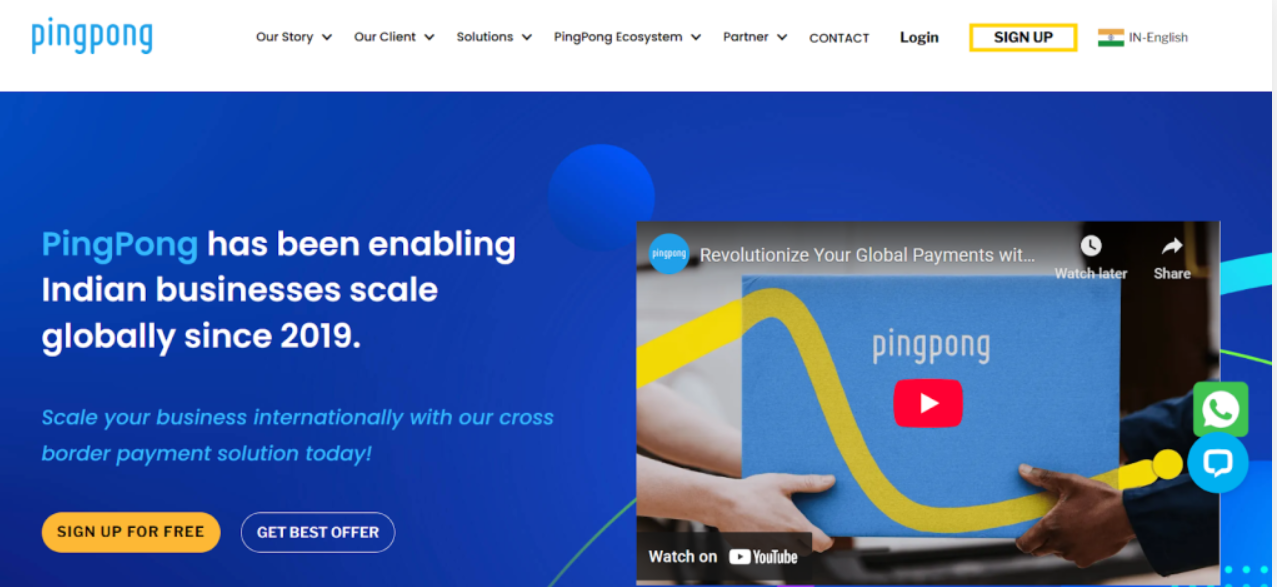In today’s global economy, speed matters more than ever. Consumers and businesses alike expect near-instantaneous online transactions, whether they are purchasing products from overseas marketplaces or settling invoices with international partners. But when it comes to international online transactions, how fast is fast enough? And more importantly, how can businesses ensure that payments remain smooth, reliable, and secure across borders?
The Growing Demand for Speed in International Payments
E-commerce has exploded in recent years, with consumers regularly shopping beyond their domestic borders. This globalization brings both opportunity and challenge. While buyers expect quick, seamless payment experiences, businesses must navigate complex banking regulations, currency conversions, and cross-border transaction delays.
For many companies, even a delay of a few hours in payment processing can have a ripple effect: orders may be delayed, supplier relationships strained, and customer trust impacted. As such, optimizing payment speed is no longer optional—it is a key competitive advantage.
What Influences Transaction Speed?
Several factors affect how quickly international online transactions are processed:
Payment Networks: Traditional banking networks often involve multiple intermediaries, each adding time to the transaction.
Currency Conversion: Cross-currency payments may require conversion, which can introduce delays and hidden fees.
Regulatory Compliance: International payments must comply with anti-money laundering (AML) and know-your-customer (KYC) regulations, which can slow the process.
Technology Infrastructure: Outdated systems or fragmented payment platforms can lead to processing bottlenecks.
Enter Modern Payment Platforms
Modern payment platforms, such as PingPong, are designed to streamline international payments, removing many of the traditional barriers that slow transactions. By integrating advanced technology, these platforms allow businesses to send and receive funds across borders efficiently while maintaining full regulatory compliance.
PingPong, for instance, simplifies the process of international payouts by providing direct access to local banking networks in multiple countries. This not only accelerates transaction speed but also reduces conversion fees, helping businesses save both time and money.
How Fast Is Fast Enough?
While “instant” is ideal, the reality of cross-border payments means there will always be some inherent delay. The goal is to minimize friction:
B2C Transactions: For consumer purchases, speed matters most at checkout. Customers expect confirmation within minutes.
B2B Transactions: For business-to-business transactions, speed is still critical, especially when paying suppliers or freelancers across different time zones. Reducing settlement times from several days to 24–48 hours can dramatically improve operational efficiency.
The Advantage of a Robust International Payment Solution
Choosing the right international payment solution can make all the difference. A reliable platform like PingPong ensures that businesses can:
- Manage multiple currencies seamlessly
- Avoid hidden fees and unfavorable exchange rates
- Process payments faster than traditional banks
- Maintain compliance with global financial regulations
By leveraging such a platform, businesses not only enhance customer satisfaction but also strengthen their global operations.
Final Thoughts
In an era where speed is synonymous with efficiency and trust, businesses cannot afford to overlook the importance of fast, reliable international payments. By using a modern payment platform like PingPong, companies can navigate the complexities of cross-border transactions, ensure timely payments, and maintain a competitive edge in the global marketplace.
After all, in international commerce, every second counts. And with the right international payment solution, fast is not just a goal—it’s the standard.













